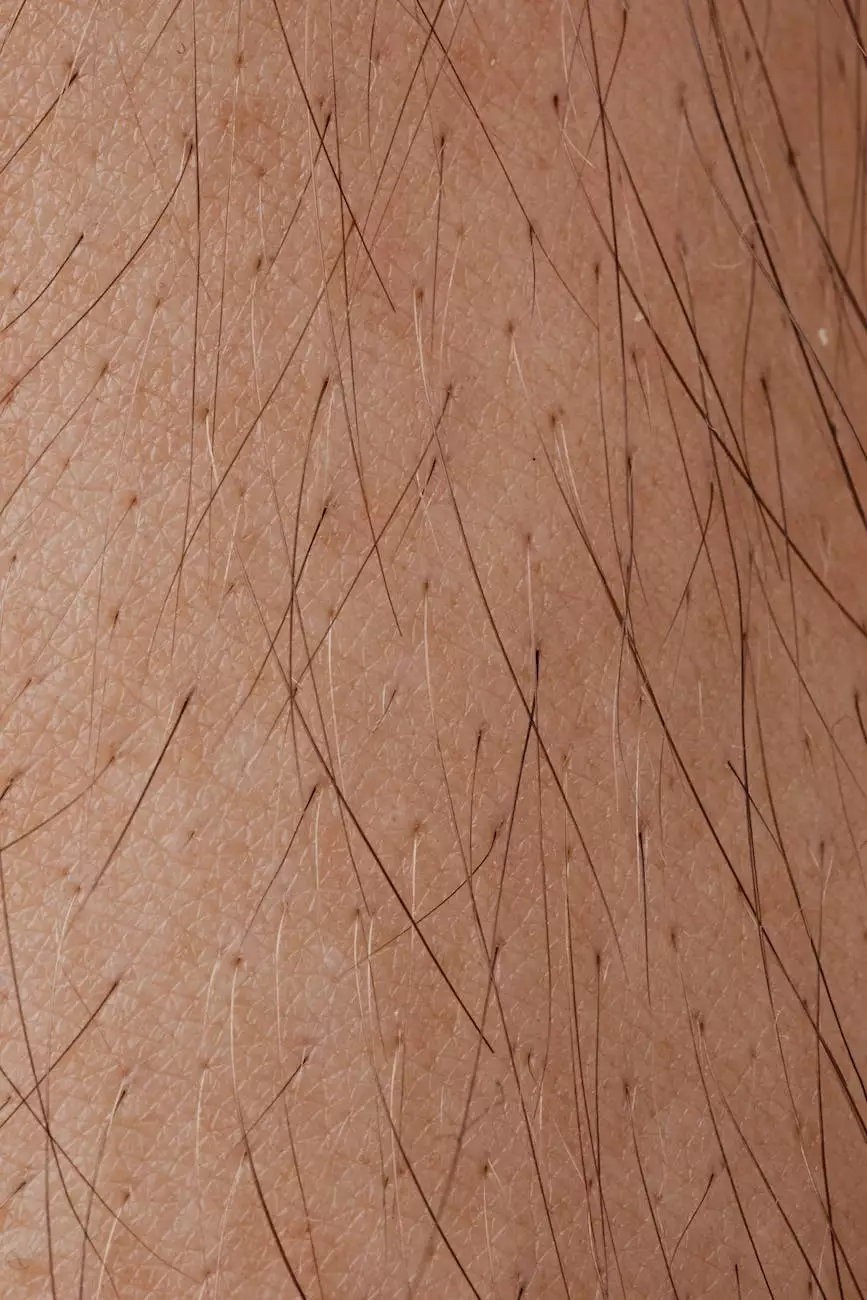3 Tips for Starting a Gluten Free Diet
Mental Health
Introduction
Welcome to Minneapolis Weight Loss Doc, your ultimate guide to achieving a healthier lifestyle. In this article, we will provide you with valuable tips to effectively start a gluten free diet. Whether you have celiac disease, gluten sensitivity, or simply want to explore the benefits of going gluten free, we've got you covered. Let's dive in and discover how you can make a smooth transition to a gluten free lifestyle!
Tip 1: Educate Yourself
Before embarking on a gluten free diet, it is crucial to educate yourself about the basics of gluten and its impact on your health. Gluten is a protein found in wheat, barley, and rye. It can trigger adverse reactions in individuals with celiac disease or gluten sensitivity.
Start by familiarizing yourself with food labels and ingredients that may contain hidden sources of gluten. Look for products that are specifically labeled as "gluten free" to ensure their safety. Additionally, understanding cross-contamination risks, such as using shared cooking surfaces or utensils, is essential.
Tip 2: Plan Your Meals
Meal planning is crucial when transitioning to a gluten free diet. It helps you stay organized, make healthier choices, and ensures you have gluten free options readily available.
Begin by creating a weekly meal plan that incorporates a variety of gluten free foods such as fruits, vegetables, lean proteins, nuts, and seeds. Explore gluten free grains like quinoa, rice, and buckwheat as alternatives to wheat-based products. Experiment with new recipes and discover delicious gluten free substitutes for your favorite meals.
Make a grocery list based on your meal plan to avoid impulse purchases and to ensure you have all the necessary ingredients. Planning and prepping your meals in advance will save you time and make adhering to a gluten free lifestyle more convenient.
Tip 3: Seek Professional Guidance
Starting a gluten free diet can be overwhelming, especially if you're unsure about your specific dietary needs or concerned about nutrient deficiencies. Seeking guidance from a professional, such as a registered dietitian or nutritionist, can greatly support your journey.
A healthcare professional specializing in gluten-free diets can provide personalized recommendations tailored to your unique needs. They can help you devise a well-balanced meal plan, address nutritional concerns, and ensure you are meeting your body's requirements for nutrients like fiber, vitamins, and minerals.
At Minneapolis Weight Loss Doc, our team of experts is dedicated to supporting you throughout your gluten free journey. We offer comprehensive nutritional counseling, providing you with the knowledge and tools you need to thrive on a gluten free diet.
Conclusion
In conclusion, starting a gluten free diet doesn't have to be overwhelming. By educating yourself, planning your meals, and seeking professional guidance, you can successfully transition to a gluten free lifestyle and improve your overall health and well-being.
Minneapolis Weight Loss Doc is here to help you every step of the way. Contact us today to learn more about our services and how we can assist you in achieving your health goals through a gluten free diet.
Remember, making informed choices and prioritizing your health is the key to a successful gluten free journey. Take the first step towards a healthier you today!




